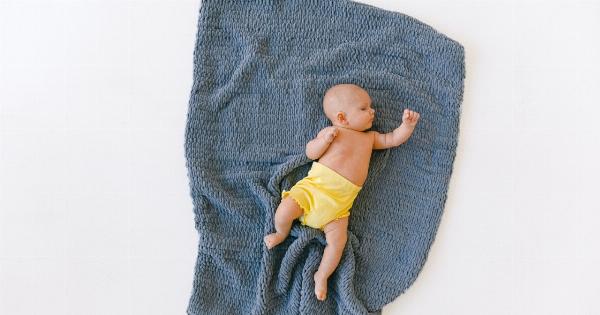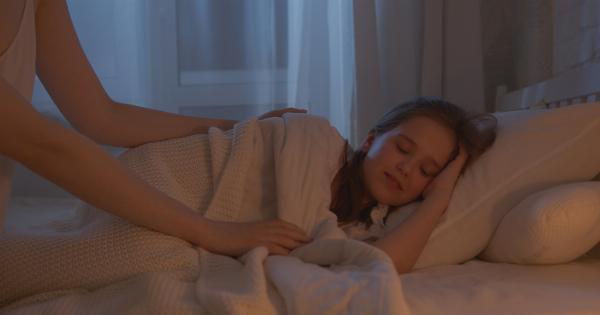It’s a question that many people ask themselves on a daily basis. With our busy lives and demanding schedules, sleep often takes a backseat. But just how important is sleep, and what are some common beliefs about it that may not be true?.
Sleep myth #1: You can catch up on lost sleep over the weekend
Many people believe that if they don’t get enough sleep during the week, they can make up for it by sleeping in on weekends. However, this is not entirely true.
While you may feel more rested after a long sleep-in, it doesn’t completely reverse the negative effects of sleep deprivation. Consistency in sleep is key to maintaining good health.
Sleep myth #2: Snoring is harmless
Snoring may seem like a harmless annoyance, but it could be a sign of a more serious sleep disorder called sleep apnea. Sleep apnea can have serious health consequences if left untreated, including an increased risk of heart disease and stroke.
So, if you or your partner snores loudly and frequently, it’s worth getting it checked out by a healthcare professional.
Sleep myth #3: You can function on just a few hours of sleep
Some people claim to function perfectly fine on just a few hours of sleep, but the truth is that the vast majority of adults need between seven to nine hours of sleep per night to function optimally.
While occasional nights of poor sleep won’t have long-term consequences, chronic sleep deprivation can lead to a range of health problems, including obesity, diabetes, and mental health disorders.
Sleep myth #4: Watching TV helps you fall asleep faster
Many people like to wind down before bed by watching TV or scrolling through their phones. However, the blue light emitted by electronic devices can actually interfere with the production of melatonin, a hormone that helps regulate sleep.
It’s best to avoid screens for at least an hour before bed to ensure a good night’s sleep.
Sleep myth #5: A nightcap helps you sleep better
Alcohol may make you feel drowsy and help you fall asleep faster, but it actually disrupts the quality of your sleep. It reduces REM sleep, the stage of sleep when we dream and when our brain processes emotions and memories.
So, while you may fall asleep quicker after a drink, you’ll likely wake up feeling less refreshed.
Sleep myth #6: Napping is only for the lazy
Many people think that napping is a sign of laziness or a lack of productivity. However, short power naps can actually improve mental alertness, productivity, and creativity.
The key is to keep your naps short (around 20 minutes) and avoid napping too close to bedtime, as it can interfere with your nighttime sleep.
Sleep myth #7: Snacks before bed will make you gain weight
Contrary to popular belief, having a light snack before bed won’t necessarily lead to weight gain. In fact, some foods can even promote better sleep.
Opt for healthy snacks like a small handful of nuts, a slice of whole-grain toast with peanut butter, or a cup of chamomile tea, which contains compounds that can help induce sleep.
Sleep myth #8: Hitting the snooze button gives you more sleep
We’ve all been guilty of hitting the snooze button multiple times in the morning, thinking it will give us a few extra minutes of precious sleep. However, those extra minutes are often of poor quality and can leave you feeling groggy and tired.
It’s better to set your alarm for the time you actually need to wake up and get out of bed when it goes off.
Sleep myth #9: Older adults need less sleep
While it’s true that older adults may find it harder to fall asleep and stay asleep, they still need the same amount of sleep as younger adults. The quality of sleep may change with age, but the recommended sleep duration remains the same.
If you’re an older adult struggling with sleep, consider establishing a consistent bedtime routine and creating a sleep-friendly environment.
Sleep myth #10: Sleep medication is the only solution for insomnia
Insomnia can be a frustrating condition, but reaching for sleep medication should not always be the first option.
There are various non-pharmacological treatments available for insomnia, including cognitive-behavioral therapy for insomnia (CBT-I), relaxation techniques, and improving sleep hygiene. These approaches can often be just as effective, if not more, than relying on medications.


























